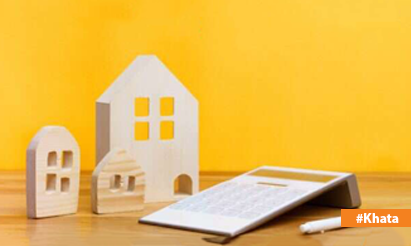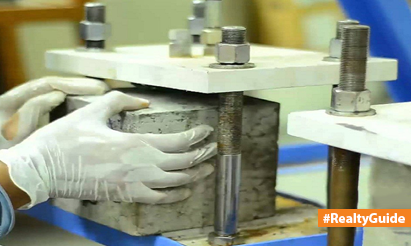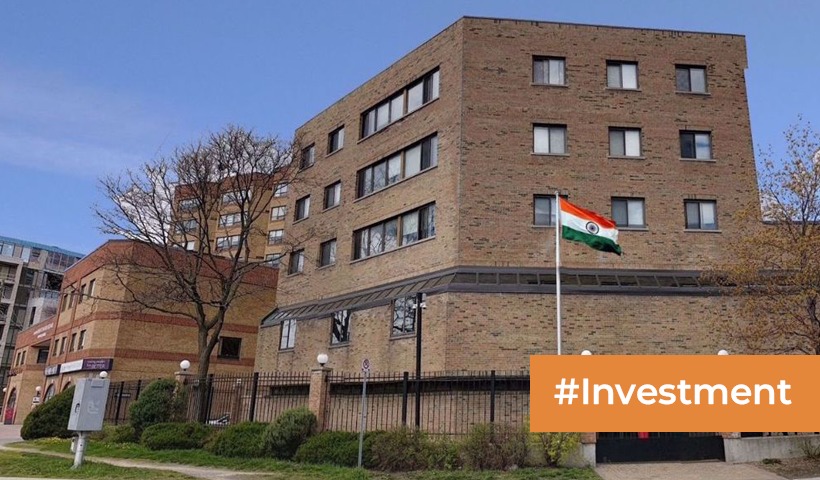HRA Exemptions: Just What You need to Know
HRA (house rent allowance) is often included in a firm’s compensation package.
Employers anticipate that the employee will use this money to cover his housing needs. Except if the employee can show that he was using the money for this clear objective, the full amount turns taxable, and the employer is required to deduct tax at source (TDS).
The Income Tax (IT) Act, nevertheless, allows for exclusions on this amount. Upon meeting specific requirements, a salaried individual may claim tax advantages from his employer in relation to the house rent allowance under Section 10(13A) of the Act. The terms are outlined below.

Requirements for obtaining a Section 10 HRA rebate (13A)
The following are key requirements that must be met:
- Only salaried employees are eligible to claim deductions under this clause.
- The HRA must be included in your compensation package.
- Essentially, you must be renting an apartment in the city wherein you work.
- The deduction is only available during the time that the taxpayer is residing in the property.
- To be eligible for the perk, the tenant must show documentation of real rent payment.
Limit on HRA exemptions
As per Rule 2A of the IT Rules 1962, a salaried employee is entitled to the lower of the following amounts as an HRA exemption:
- The real HRA that you will receive.
- If you live in a metropolis, you will receive 50% of your basic wage + dearness allowance (DA), whereas non-metros will receive 40%.
- Rent paid in full, minus 10% of your basic pay plus DA.
When you live with your parents, how do you claim HRA?
Those who live with their parents can also obtain HRA exemptions if they pay their parents rent under a legally binding rental agreement. They must produce the rent paperwork for this reason, and their salary account must also balance the statements they make when disclosing their rental cost. It may be a terrible idea to seek HRA deductions unless all of these standards are met, as the IRS has been cracking down on persons trying to claim deductions without really incurring any expenses in recent years.Furthermore keep in mind that the rent you pay your parents would be included in their yearly income, and they will be responsible for paying taxes on it.
This system, moreover, only operates among parents and children, not between spouses and siblings.
Important things to keep in mind when requesting HRA exemptions.
- You will not be allowed to claim any exemptions on house rent allowance unless you are paying rent that exceeds 10% of your wage.
- As per the 7th Pay Commission’s recommendations, those working in public sector enterprises are entitled to an HRA exemption depending on the minimum or maximum HRA in different cities.
- If you fail to submit rent receipts to your employer, the HRA exemption will be ignored, and the entire HRA amount will be taxed.
- If you pick the new tax regime for the financial year 2020-21, the HRA tax exemption will be unavailable (assessment year 2021-22).
- TDS of 30% must be deducted from rent payments made to NRI landlords prior completing the rental payment.
- The IT law in India does not require the tenant to pay the same landlord throughout the year. As a result, the number of times you shift places over the year makes no difference in terms of exemptions.
- You will not be eligible for an exemption if you have not paid your rent for a length of time.
- There are no legal restrictions on how you pay your rent. You could pay the rent in a variety of ways, including cash, check, and internet methods.
- To qualify for the exemption, all you have to do is show documentation of completing this payment. In this regard, your bank account statement, for example, serves as perfect proof.
Disclaimer: The views expressed above are for informational purposes only based on industry reports and related news stories. PropertyPistol does not guarantee the accuracy, completeness, or reliability of the information and shall not be held responsible for any action taken based on the published information.




